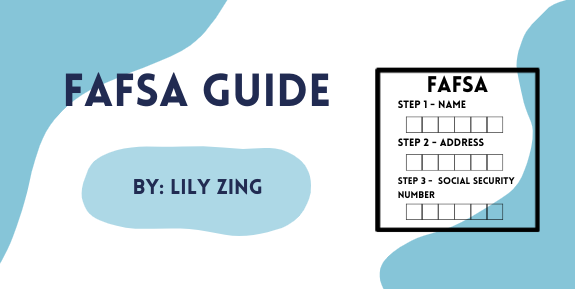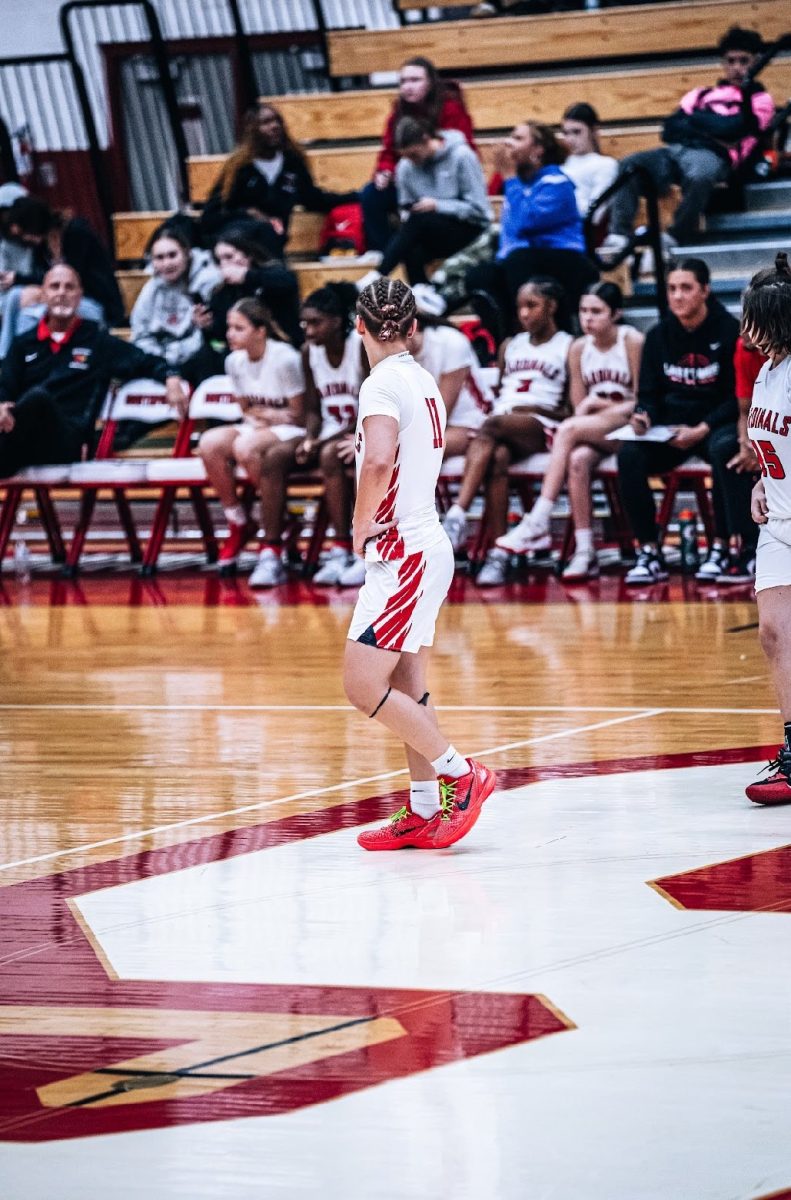College applications can be very intimidating for high school students, especially seniors. Over 75% of high school seniors report high stress levels over college applications, according to PrepScholar. Not only is the process complicated, but it also is scary because of how much it affects the course of the applicants’ lives. But with these tips, college applications will be a piece of cake!
Start early
The first and probably most important piece of advice for college applications is to start early. Applications, whether students are using the CommonApp or a college-specific application, are very detailed and often painstaking to fill out. They require a vast array of information, ranging from transcripts and test scores to the education levels and income of one’s parents. Gathering this information can be time consuming and difficult, so it is crucial to allow enough time to find all the information that the applications require. Starting too late on applications can not only lead to missing information, but it also means that the quality of one’s personal essays, which most colleges require, won’t be as high, which can hurt a student’s chances of acceptance.
Essay topics
Most colleges require personal essays as a part of their application. These short written pieces are what allow students to show colleges their personality, taking them from a random applicant on a page to a person who they can envision at their college. In these essays, it is important to showcase oneself fully. Remember, these essays are about finding a college that is the right fit, so putting one’s whole personality into the essays helps ensure that students will be happy where they end up. A good place for students to start is telling a story about an event in their life that still impacts them today.
Brag sheet for letters of recommendation
Another integral part of college applications is letters of recommendation. These letters come from teachers, administrators or any mentors in a student’s life, and they give colleges a chance to hear about prospective admits from another perspective. However, without anything to go off of, these letters can be challenging to write, so it’s a good idea to give each person a sheet that has information about one’s grades, test scores, activities and anything else that could be useful for writing the letter. To see the brag sheet template, click here. 
Don’t let money be a barrier
Colleges are often more affordable than they originally appear because of financial aid and scholarships. And, if students are worried about the cost of applying to colleges, Questbridge is a scholarship program that supports low-income students in the U.S. and helps them apply to and pay for college. Many individual colleges also offer application fee waivers depending on a student’s financial situation. Also, make sure to fill out and submit the Free Application for Federal Student Aid (FAFSA), which provides financial information to colleges so they can determine scholarship and financial aid packages, by the deadline listed. Throughout the fall, SHS offers FAFSA help nights if students need support filling it out.
Choose which AP scores to send
When deciding which scores to send, it’s important to keep in mind what areas the student may want to study. For example, if a student is interested in studying biology but only got a three on the AP exam, it isn’t worth sending that score because it doesn’t show colleges their true potential. However, if a student has a three on the AP biology exam but is interested in studying United States history, it is worth sending the biology score because it may get them out of intro-level courses, and biology isn’t vital to their understanding of history. In general, all fours and fives on AP tests are good to send because they show a student’s mastery of different subjects. In regards to the SAT and ACT, students can look up the average score ranges for the colleges they plan on applying to. If their scores fall within or above those ranges, sending the scores is a good idea. But, if their scores are below the average range and test scores are optional, sending scores would not be in the student’s best interest.
Do school interviews
Some colleges offer in-person interviews with former students which can help applicants determine if the school is a good fit or not. These interviews are a great opportunity to become more familiar with the culture of the school.

Apply early decision (to only ONE school)
It’s a good idea for students to apply to their first choice college early decision because it gives them a better chance of being accepted than regular decision. Some require early decision applicants to attend if they are accepted, so think carefully before applying this way. Early decision applications are especially valuable for students who want to go to top-level colleges with single-percent acceptance rates.












